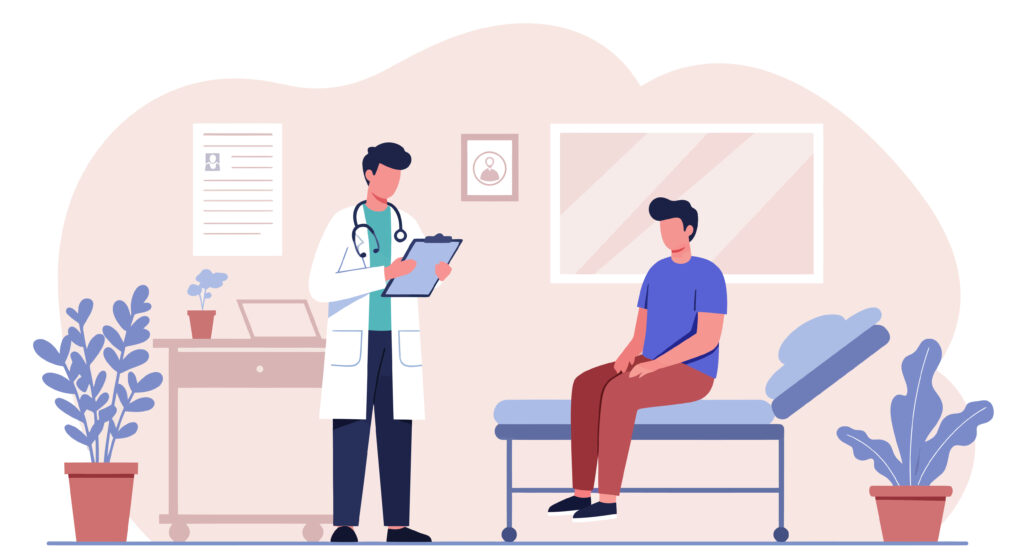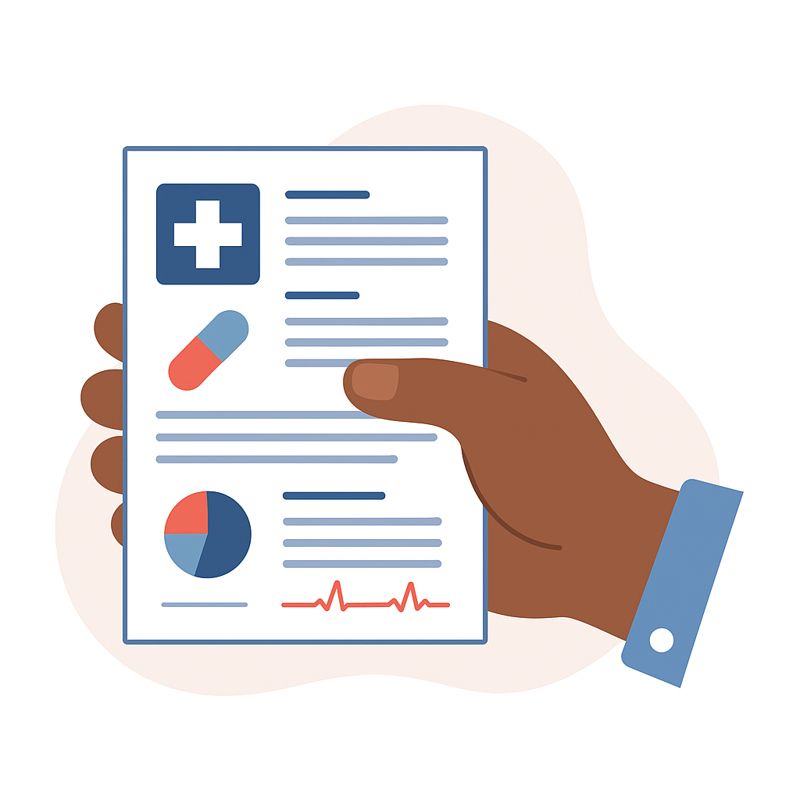Every time you use the NHS, information about your care is recorded and used to support your treatment. Together, this creates one of the largest and longest-running health datasets in the world. With strict safeguards, this data can also power research through the Wessex Secure Data Environment, helping to develop life-saving treatments, improve care, and support new health technologies. This page explains what NHS patient data is, how it is kept safe, and what choices you have about its use for research.
Safe data
Health and care organisations from Wessex will send patient data to the SDE.
We will also use data from other public bodies and organisations. Data is encrypted during transfer to the SDE and de-identified before researchers can access it. Researchers only get to see the least amount of data they need for their project. We explain how we do all this in the ‘Protecting your privacy’ section below.






